Are luxury bags really a good investment? 7 expert tips, from buying legacy brands like Dior, Chanel and Hermès, to diversifying your portfolio with Rolex, Patek Philippe – yes, and stocks and bonds
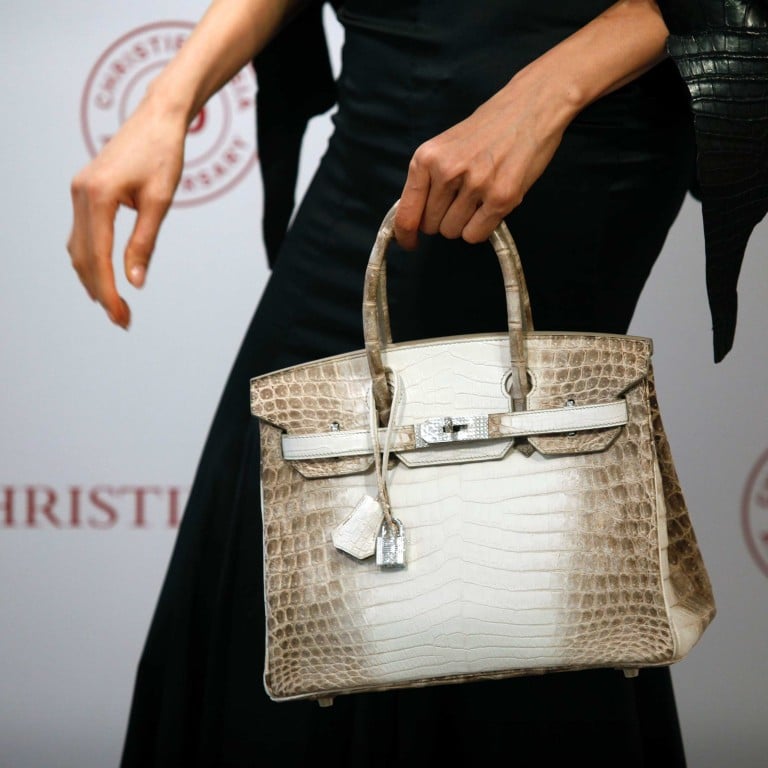
In fact, its price growth has outperformed both the stock market and gold, and shows no sign of slowing down. And it’s not just Chanel – other designer bags, jewellery and watches are all growing in price as time goes by.
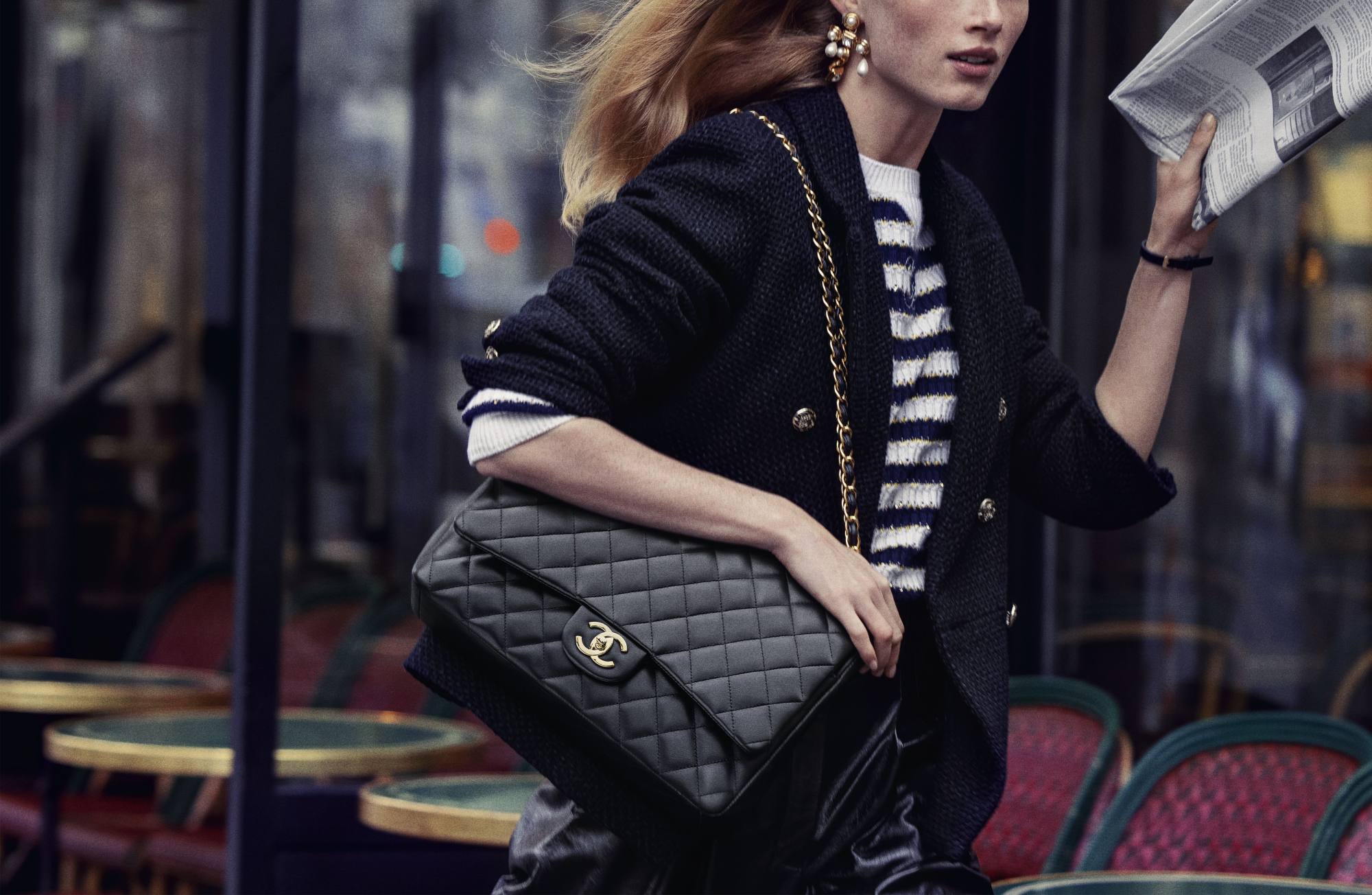
So should we invest in luxury bags? Not necessarily, according to the experts.
What is ‘quiet luxury’ and why is it 2023’s hottest new fashion trend?
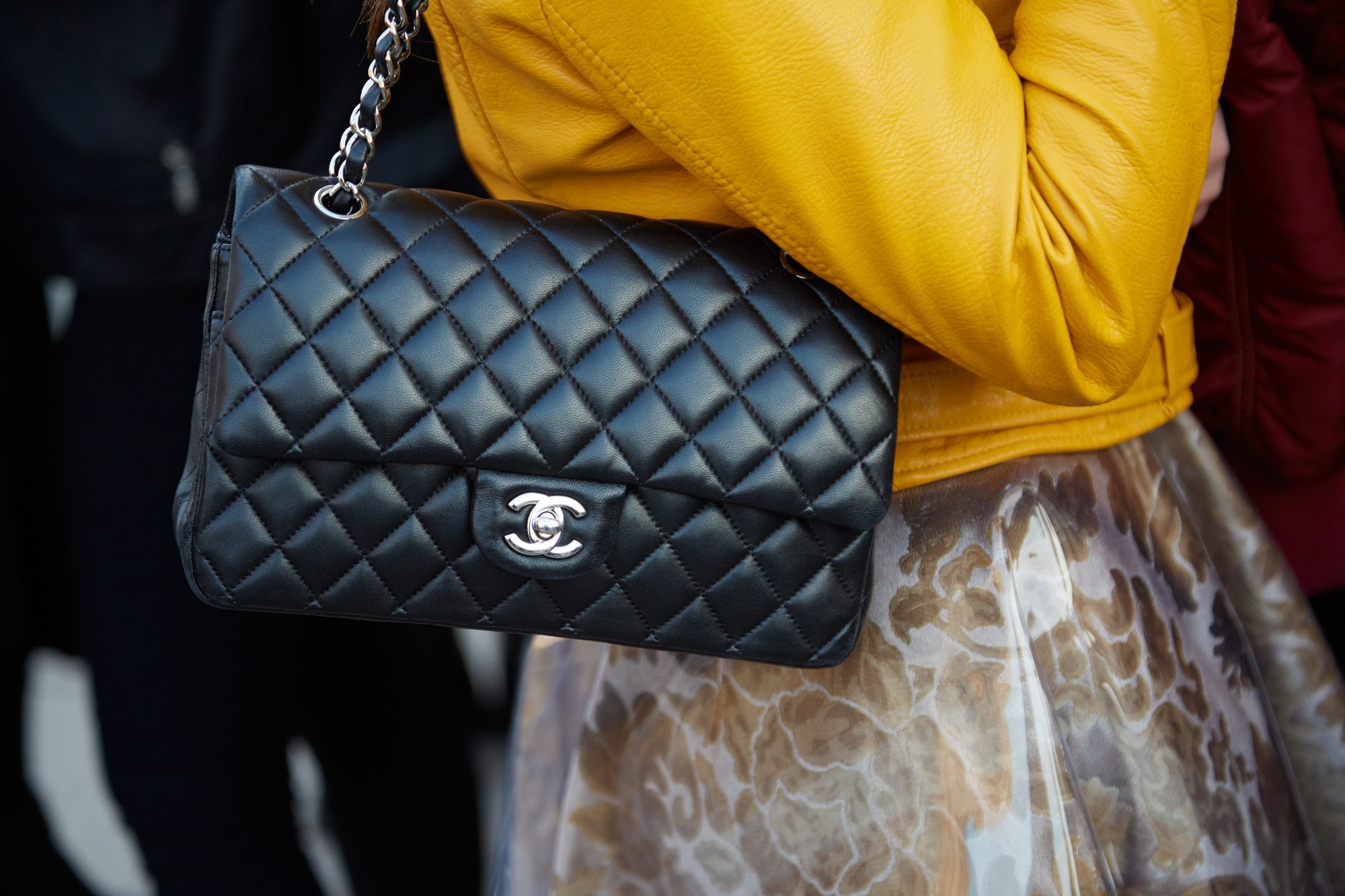
Kralow continues: “Plus, the market for luxury bags is highly speculative and subject to fluctuations, so unless you have a highly desirable product made by a legacy brand, predicting whether it will retain its value over time is impossible.”
But that seems to be changing slowly in recent years. “The situation has changed, with legacy brands having increased their prices dramatically. Higher price tags typically mean fewer are sold and, with time, this scarcity pushes up resale prices,” he added.

Over the past decade, the stock market has increased by 10 per cent and gold by 21 per cent, but a Chanel bag continued to increase in value, up to 100 per cent, even after they swapped their 24-carat gold buckle for cheaper materials. In 2005, one of the brand’s classic bags costs US$1,650, and these days they’re worth over US$10,000.
“Just recently, actress Christina Ricci sold her collection of Chanel bags to fund her divorce, making use of her luxury goods as a true investment piece rather than accessories,” Kralow revealed.
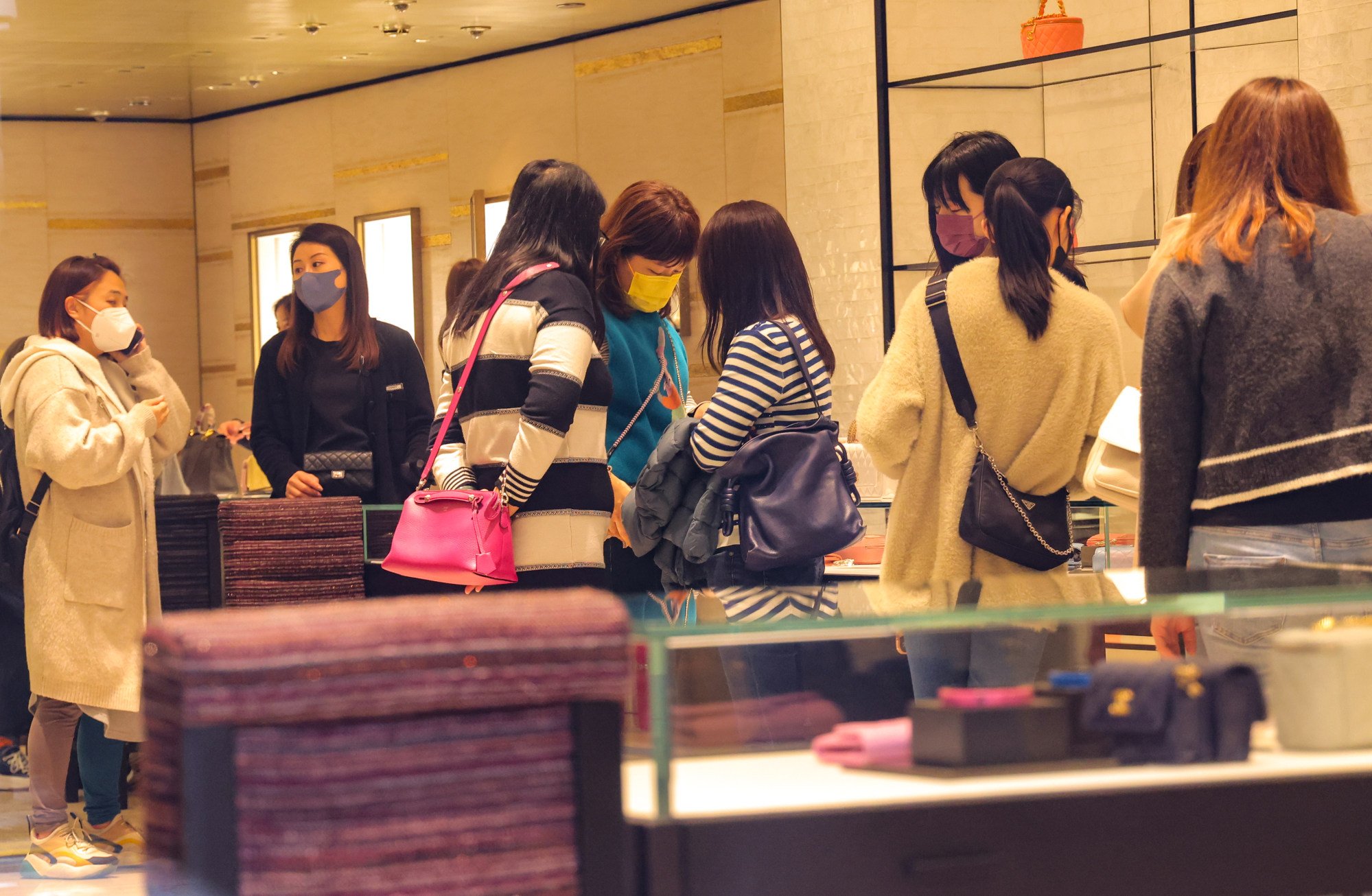
“And it isn’t just Chanel that’s in demand. In 2000, you could grab a Hermès Birkin for US$4,000 and now you would have to fork out over US$11,000. So yes, luxury bags can be a great investment, but it really depends on the brand and product,” he added.
If you’re determined to invest in your favourite fashion brands, consider keeping these tips in mind ...
6 celebrity kids with the most extravagant handbags, from LV to Birkins
7 tips from an expert on choosing an investment accessory with long-term profit
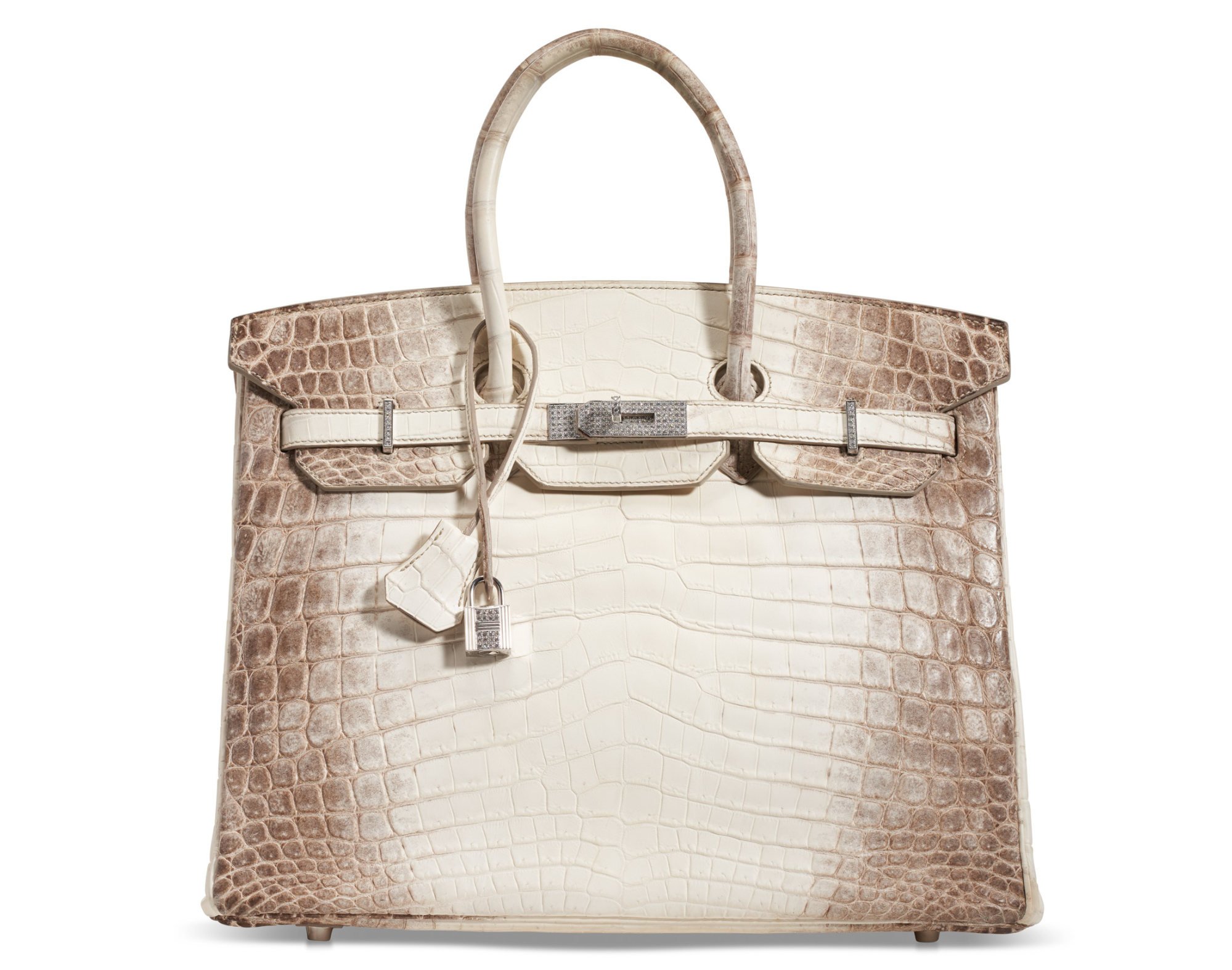
Not sure which brands or bags to invest in? Kralow shares his insights:
1. Choose a timeless staple. For example, the Dior Saddle Bag is trendy once every 20 years, while the classic Chanel Flap Bag never goes out of fashion. If you invest in a trendy item, chances are that you won’t be able to sell it for years, if not decades.
3. Stick with neutral designs and colours, as these are always in demand. It’s a safer bet, as there’s no risk that a specific colour or pattern will go out of style and make selling your investment difficult at a later stage.
7 of Keanu Reeves and Alexandra Grant’s cutest couple fashion moments
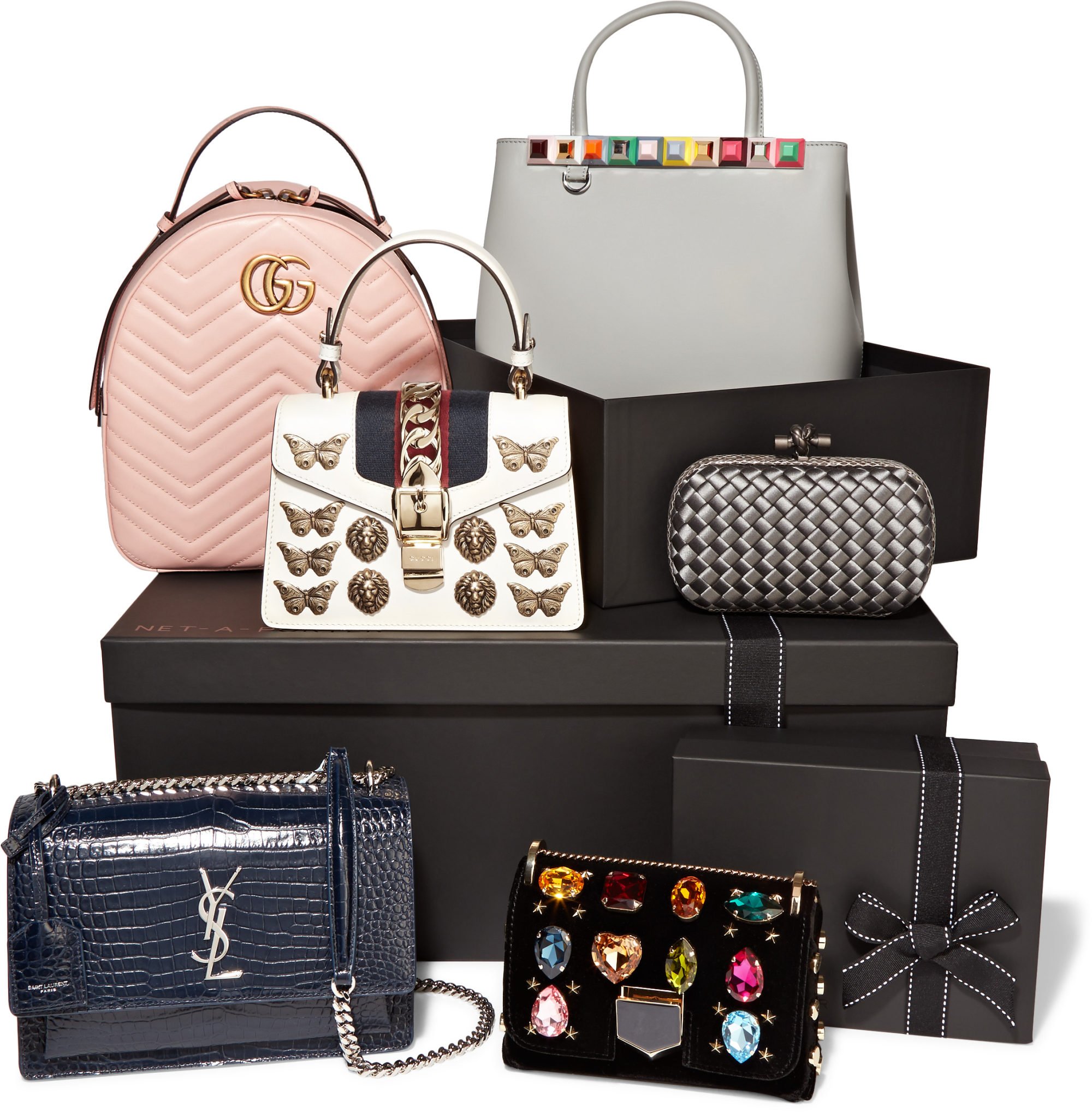
4. Be sure to keep the certificate of authenticity and the original packaging, which might help you prove the legitimacy of your item when reselling. Store them away safely and take good care of them, too.
5. Be true to your budget and only buy items that you can afford, even if you’re certain you can make a fortune reselling them. “Bags are a consumer good, and even the price of a Chanel bag won’t always grow exponentially,” says Kralow. “Only spend the money that you have – the last thing you want to do is to spend decades paying off a bad debt.”
Beyond sustainability: why luxury brands are embracing second-hand sales
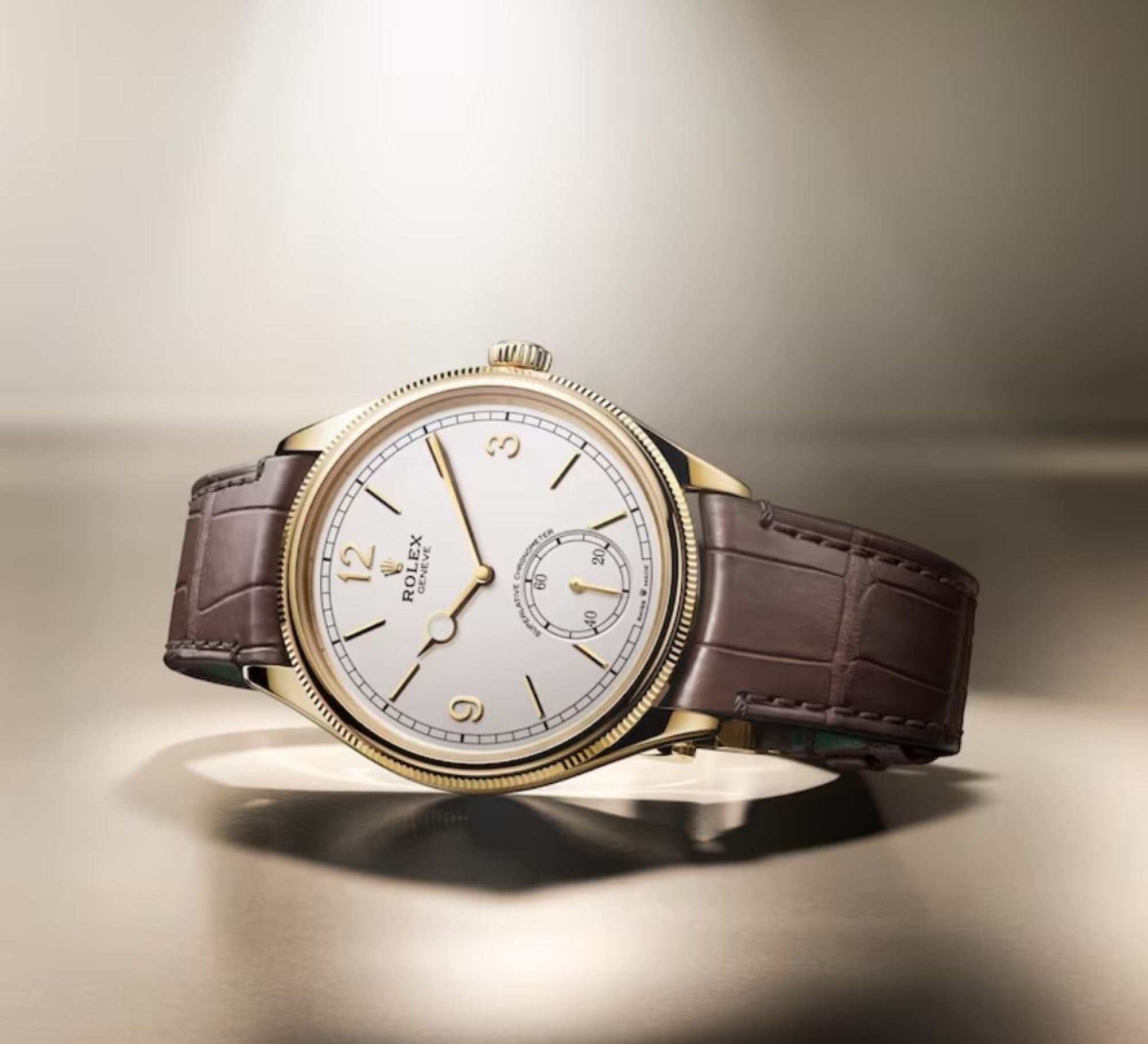
7. Of course, luxury bags should never be your primary financial investment. They’re a great alternative to stocks and bonds, but they should ideally be a part of a wider and diverse investment portfolio.

- Luxury fashion items like handbags, jewellery and watches have seen their value grow over time, prompting investors to investigate their potential – but don’t sell all your stocks just yet
- Classic Chanel Flap Bags and Hermès Birkins tend to appreciate in value, but expect to pay more upfront – and if in doubt on what to choose, try timeless staples and neutral colours